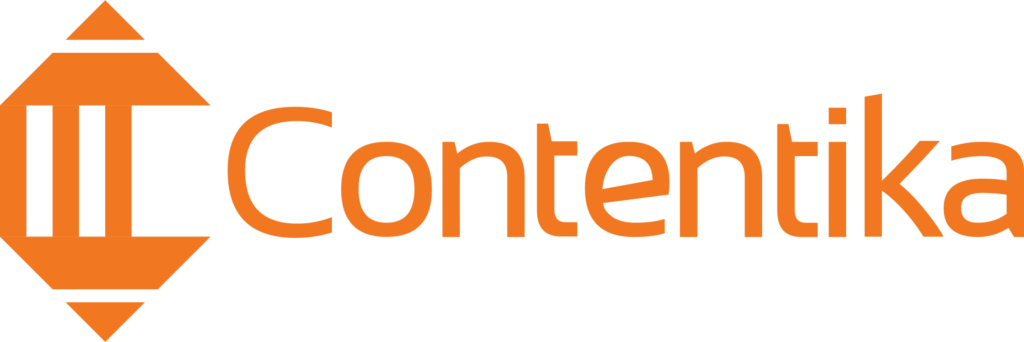Help A Reporter Out (HARO): A Guide To Getting Free Press

What would it do for your business’ publicity if you were quoted in a news story in Forbes, The New York Times, Wall Street Journal, or some other top-tier publication? For many business owners, getting press is a game-changer. It can help you attract potential customers, get more leads and make sales. But how do you get press? If you’re not actively pursuing it, it will probably not hop into your lap and allow you to stroke it like a furry cat. There are a lot of strategies to get some press, but one of the most effective (and easiest) is to simply Help A Reporter Out. Want to know how that works? Well, let’s take a look, What is Help a Reporter Out? Help a Reporter Out, or HARO is a service that connects journalists with news sources who can provide expert information and quotes for stories. Journalists post queries on the HARO website, and sources who have relevant expertise can respond to the query with a quote or comment. If the journalist chooses to use your quote in their story, they will typically include your name and professional description. Plus, they’ll often add a back-link to your website. In addition, you may also be able to link to the story from your website or blog. It’s a great way to get your name and your work in the news, and if used consistently, it’s an effective method of building relationships with journalists. For example, suppose a reporter is writing a story about social media marketing, and you’re a social media expert. In that case, you can respond to their query with a quote or helpful tips. Next time they need a source for a story along similar lines, they’re more likely to think of you and might reach out to you first. Why do Reporters Use HARO? That’s a very interesting question, isn’t it? Reporters, after all, are very good at research and should be able to find experts on their own, right? Well, that’s true. But the thing is, reporters are often on deadlines and frequently juggle many different balls. So while they may know how to find who they need to talk to, they don’t always have the time to track those people down. That’s only a part of it, though. Sometimes, reporters use HARO because they’re looking for a fresh take or a new angle on a story. And let’s face it, even the most seasoned reporter can get burned out sometimes and could use some help generating new ideas. Or, it could just be that the journalist wants to hear from people directly impacted by the topic they’re writing about. Whatever the reason, if you can help a reporter solve a problem, there’s a good chance they’ll want to hear from you. And if you can get some press in the process? Well, that’s what we’re after here, isn’t it? What’s In It for You? If you’re thinking that helping out a reporter sounds like a lot of work with no guarantee of anything in return, you’re not wrong. It can be a lot of work, and there is no guarantee that the reporter will use your quote or mention you in their article. However, if you do get chosen, it’s free publicity for you and your business. Sure, it’s a great feeling to see your name in the news. But there’s more to it, though. In addition to getting your name and website in front of potential new customers, the press can also help expert sources build credibility in your field. People will start to see you as an authority if you’re regularly quoted in the news. They’ll be more likely to visit your website, sign up for your email list, and do business with you. Plus, the SEO rewards down the line can be quite useful. Quality links from HARO can be extremely beneficial for link-building efforts, resulting in increased traffic and higher search engine rankings. In addition, quality links can also lead to more do-follow links, which are links that allow search engines to follow them and count them as votes for your website. This can further improve your website’s authority and reach. Finally, quality links can also help build relationships with other websites and businesses, which can lead to additional opportunities down the road How To Set Up An HARO Account If you’re ready to get started with HARO, the first thing you need to do is set up an account. You can sign up for a free account or a paid subscription. There’s no harm in starting with a free account to see how it goes. If you find that you’re getting good results, you can upgrade to a paid subscription later. To sign up, go to helpareporter.com and input your details. Once you’ve signed up, all you’ve got to do is check your email. You’ll start receiving emails containing anything from 10-100 queries three times at 5:45 AM, 12:45 PM, and 5:45 AM (EST) every day, Monday-Friday. So it’s a good idea to set up a separate email account just for HARO queries so that you don’t miss any and your regular inbox doesn’t get overwhelmed. Alternatively, you can set up a filter in your regular email account so that all the HARO emails go into a separate folder. How To Find Opportunities Now that you’re all signed up and receiving query emails, it’s time to start looking for opportunities. When you open one of the emails, you’ll see a list of queries from reporters. Take some time to read through the queries and see if any of them are a good match for your expertise. If you see one that is great! Go ahead and respond. If not, no worries. Just close the email and move on to the next one. Remember, you don’t have to respond to every query you receive. Just the ones that are a good match for you. One way to narrow


